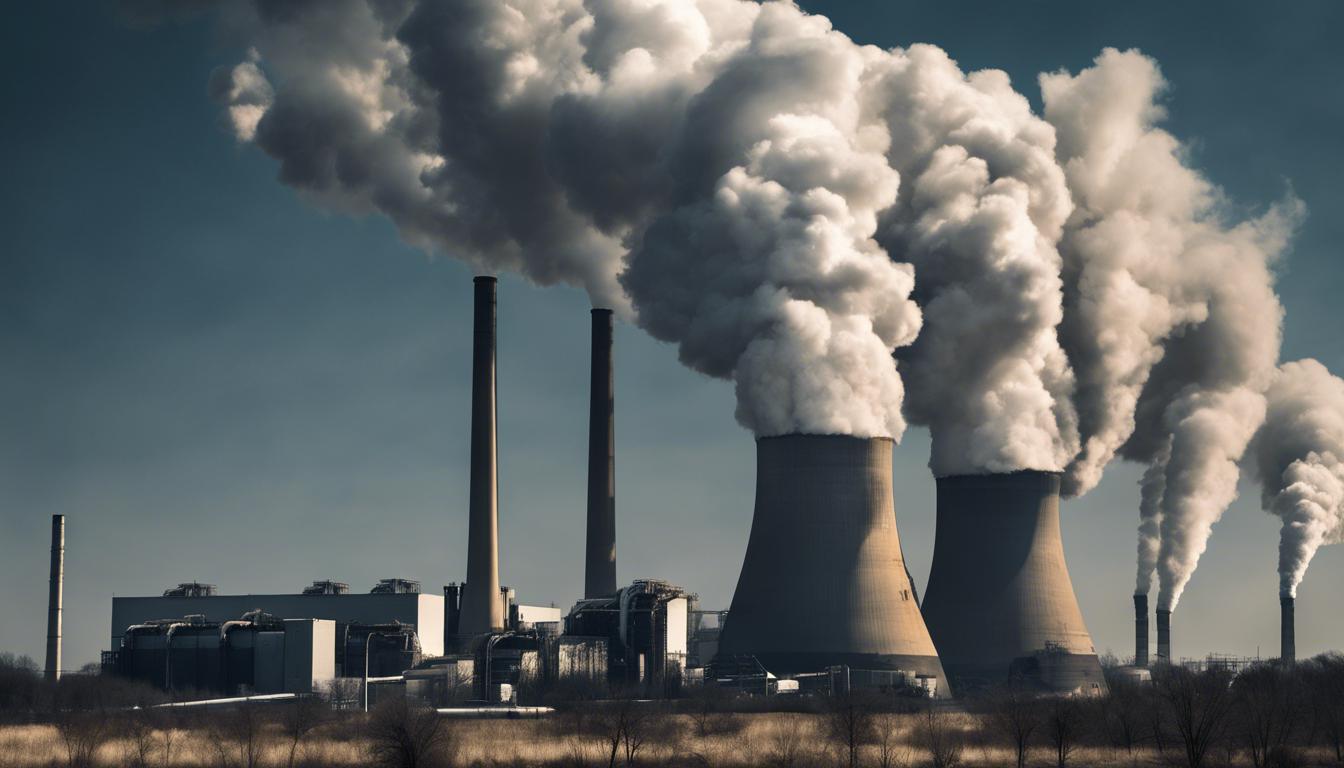The Environmental Protection Agency introduces tough new measures for coal-fired and natural gas power plants to drastically cut emissions, aligning with President Biden’s ambitious climate goals.
The Environmental Protection Agency (EPA) in the United States has issued new regulations requiring coal-fired power plants to substantially reduce their emissions or face shutdown. This directive forms part of President Joe Biden’s broader climate strategy, which aims to eliminate carbon pollution from the electricity sector by 2035 and across the entire economy by 2050.
Released by the EPA under the leadership of Administrator Michael Regan, the regulations target both coal and new natural gas plants, mandating significant cuts in greenhouse gas emissions and toxic wastewater pollutants. Specifically, existing coal plants will need to capture or reduce 90% of their carbon emissions by 2032 if they plan to operate beyond 2039.
The rules also set the first-ever federal limits on carbon dioxide emissions for existing coal-fired power plants and introduce stricter controls on wastewater pollution to protect waterways. Emphasizing the health benefits, these measures seek to prevent numerous premature deaths and cases of asthma, alongside reducing environmental harm from coal ash.
The new requirements are part of President Biden’s commitment to drastically lower greenhouse gas emissions by the year 2030. However, there have been concerns from various sectors, including industry groups such as the National Mining Association, which argues that these regulations could compromise the reliability of the US electrical grid.
While environmental groups have lauded the new rules as essential to combating climate change, the move is expected to face legal challenges from opposition within the power industry. The Biden administration remains steadfast, underscoring the necessity of the transition towards cleaner and more sustainable energy practices.













